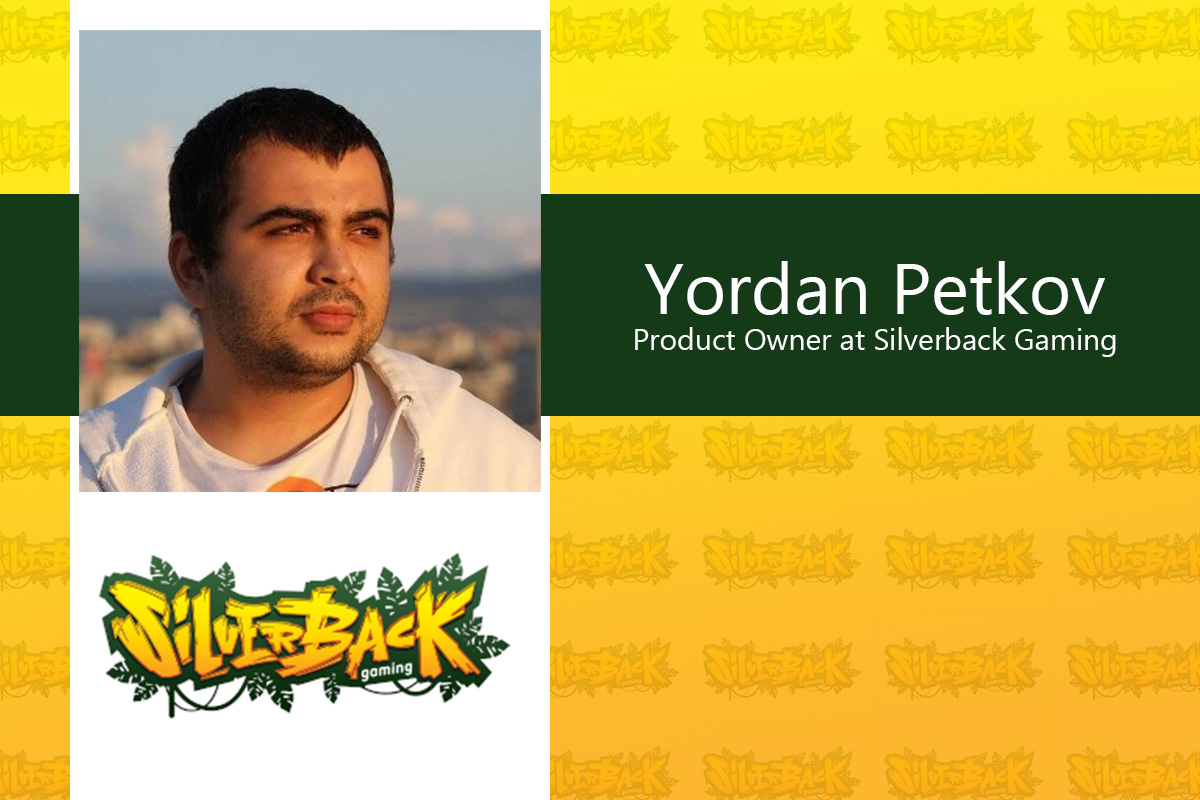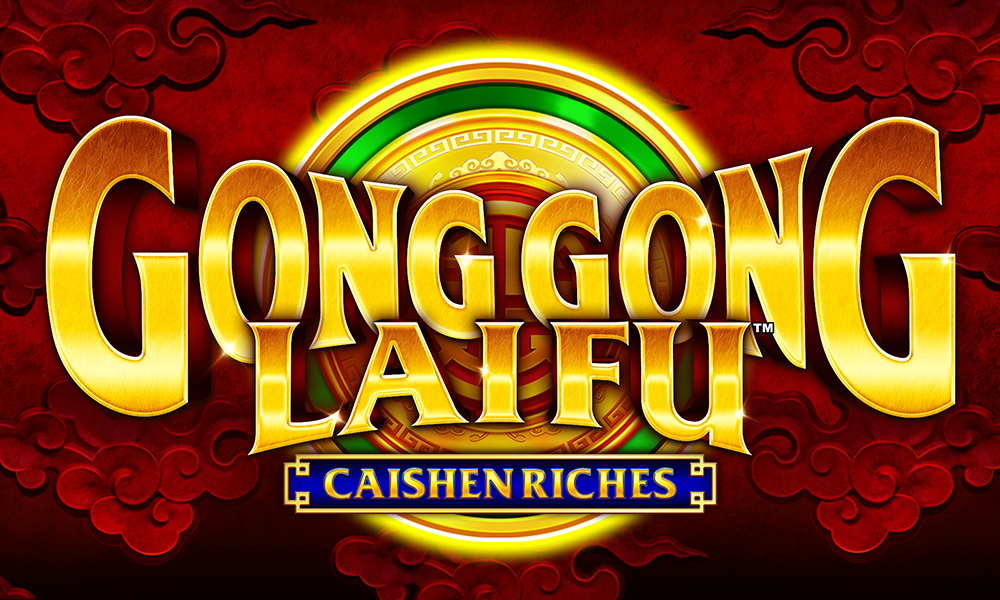
Not making progress
Yordan Petkov, Product Owner at Silverback Gaming, talks about some of the unique challenges studios are facing when developing slots for the US market
Momentum is starting to build behind legal online casino in the US, with a growing number of states rolling out regulatory frameworks and awarding iGaming licences to operators. This is creating a significant market for studios to explore, with increasing demand among operators and players for new and exciting slot content.
This opportunity has not gone unnoticed by studios that have made their name in the European market, with many now turning their attention to North America. But those that think the slots that top the charts in the likes of the UK, Sweden and Italy will be as successful in the US are mistaken.
The US is a very different market when it comes to culture and player expectations. Added to this are the regulatory requirements that studios must ensure their games comply with. This means not being able to launch slots with certain mechanics and features, and this in turn makes for a challenging environment in which studios must produce games that hit the spot with players.
The classics are always the best:
At the moment, players seem to be drawn to the slots they recognise from the gaming floors of their favourite land-based casinos in Las Vegas and beyond. I’m talking about slots such as Cleopatra and Wheel of Fortune. Online casinos stock these games as it is a great way to transition players online for the first time via titles they are familiar with and trust.
But as the market matures, player expectations will change with more complex games coming into favour. Of course, modern slots with gripping mechanics and engaging bonus features will also have greater appeal among the lucrative but hard-to-reach Millennial and Generation Z audiences, which operators will want to tap into via their online offerings.
However, the US presents a unique challenge for studios to overcome in that states have specific regulations that relate to the features that are and are not permitted in online slots. In particular, there is a ban on progressive features that are carried over several spins. In short, each spin is seen as an independent game round so all features must begin and end within that spin.
So, what does this mean? No progress bars, no collectables, no multipliers or free spins that build as the game plays out. Essentially, all the things that make modern slot games so exciting to play. This is leaving studios with a bit of a conundrum – how to hold the player’s attention for longer periods when any potential progression made in a single spin is lost on the next spin.
The clock is ticking:
This is forcing studios to think outside of the box, and that of course is a good thing. The key is to come up with concepts, mechanics and features that build high levels of anticipation into a single spin. This can include things like offering a second chance to win on every base game bet – this is something that we have done with our ClockwaysTM mechanic.
The way it works is that the outer symbols rotate clockwise, changing the symbol positions to create more, bigger wins in a way that keeps players on the edge of their seats.
Another tactic studios can look to explore is adding progression into multi-round bonus features such as free spins. With free spins usually lasting eight rounds or more, there is scope to bring in elements of progression here with any progress made reset once the bonus round comes to an end. This is easier said than done and requires super-smart mathematicians to create the models behind such mechanics while ensuring compliance with regulatory requirements.
But it’s not just the gameplay where studios can try new things. There is plenty of room to be creative around themes, design, sound and even narratives and characters that run through the game. US players are drawn to a wide range of slot themes, from magic to the Wild West as well as dragons, farming, sports, Egypt and Norse.
There is so much that can be done here to take these classic themes and elevate them through stories, characters, striking artwork and immersive sound. While the gameplay is always crucial to engagement, so too is the look and feel of the game.
Of course, the ultimate success of a game requires all of these factors coming together – theme, design, sound, math and gameplay. The US does present some unique challenges for studios to overcome, but those with the right teams in place will be able to work together to create compelling slot games that are fully compliant with the rules in each state.
It’s a tough hurdle to clear, but it’s what makes the US market so interesting for studios.










